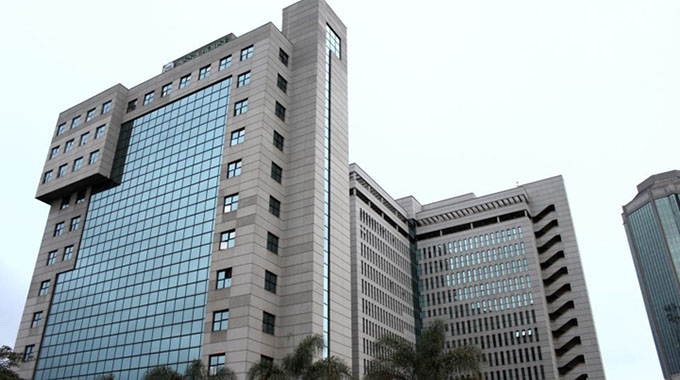NSSA increases pension payouts

Tertia Makurumidze Herald Reporter
The National Social Security Authority (NSSA) has more than doubled its minimum pensions from $80 to $200 a month, while workers’ compensation scheme minimum pensions have been tripled from $80 to $240.
The increases have been backdated to October 1 with the payments due from today.
NSSA funeral grants on all schemes have been pushed up from $300 to $2 000.
In a statement yesterday, NSSA board chairman Dr Cuthbert Chidoori said the reviews followed an actuarial valuation in consultation with the Minister of Finance and Economic Development Prof Mthuli Ncube.
“Following a mid-term actuarial evaluation that was necessitated by the need to review NSSA benefits in response to prevailing economic fundamentals, the Minister of Public Service, Labour and Social Welfare, with effect from 1 October, 2019, reviewed benefits payable under the authority’s two schemes,” he said.
“Earlier in July 2019, the ministry in consultation with the NSSA board, awarded NSSA pensioners a once off discretionary bonus equivalent to a month’s pension to cushion them from the general increase in the cost of living.
“The decision was taken as a stop-gap measure while waiting for the conclusion of the mid-term actuarial review.
“The new benefits are: “Pension and Other Benefits Scheme (POBS), minimum monthly retirement pension increased to $200 from $80. In addition, all pensions have been increased by 65 percent across the board.
“Accident Prevention and Workers Compensation Scheme (APWCS) minimum monthly worker’s pension increased to $240 from $80. All monthly pensions for APWCS have been increased by 200 percent across the board.”
Mr Chidoori said arrears for October will be paid together with monthly payouts that are due on November 13, 2019.
“Payments will be done via the usual channels, such as banks and mobile money platforms,” he said.
“Going forward, NSSA, in consultation with all its key stakeholders and the Ministry of Public Service, Labour and Social Welfare, will continue to monitor economic developments and the general cost of living to assess the level of social impact to pensioners and align the level of benefits reviews, taking into account the long term sustainability of the schemes.”











Comments